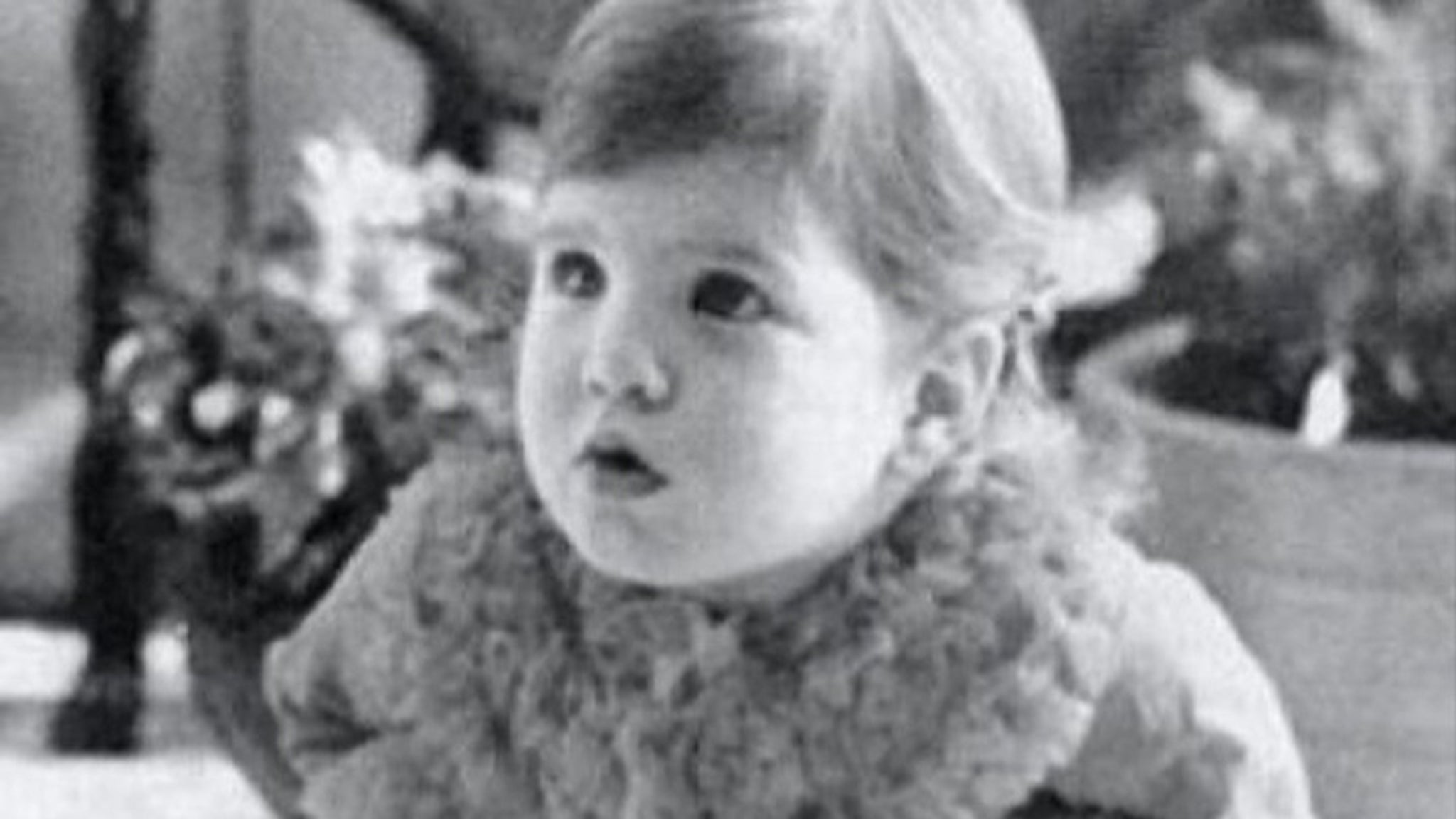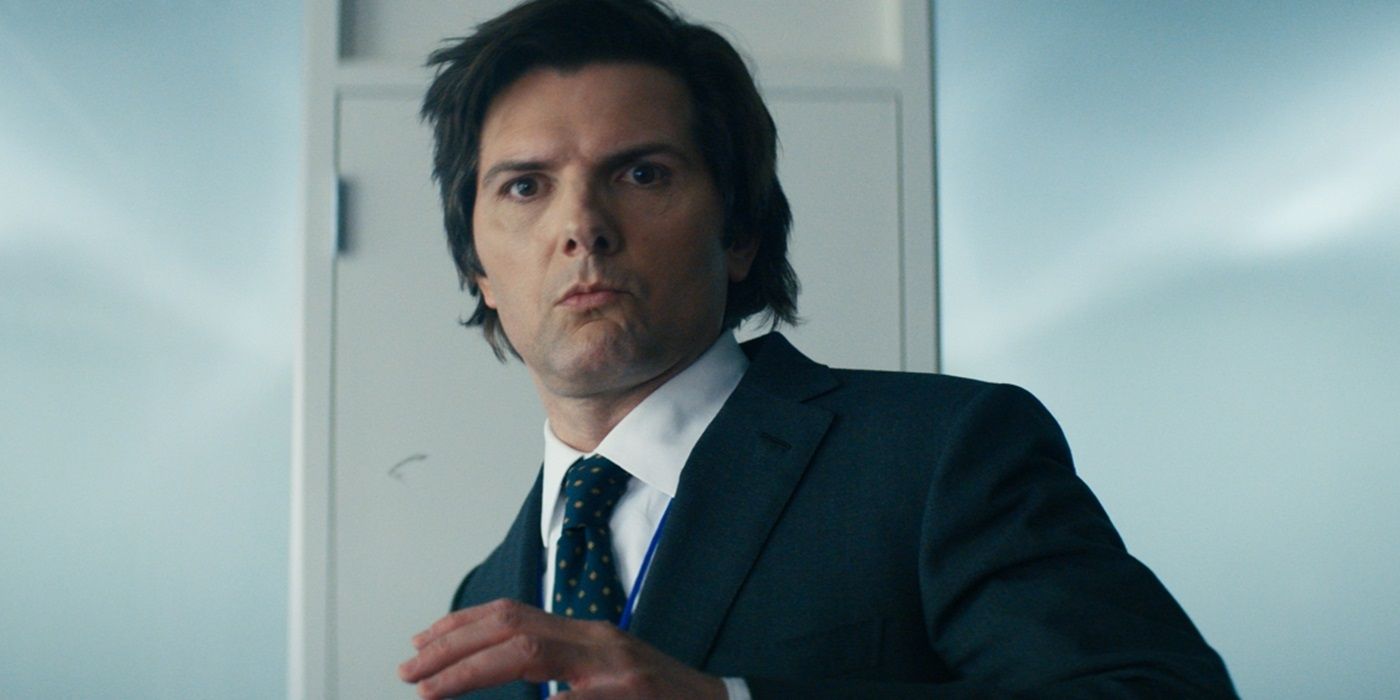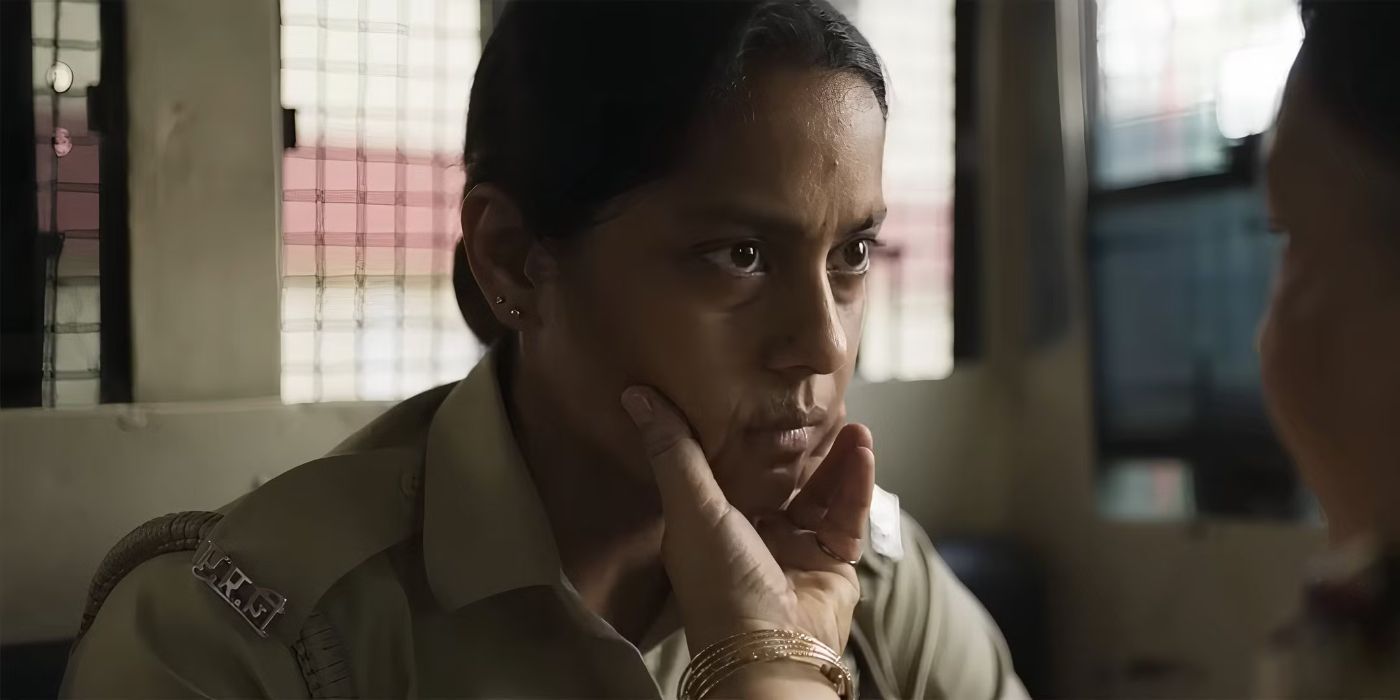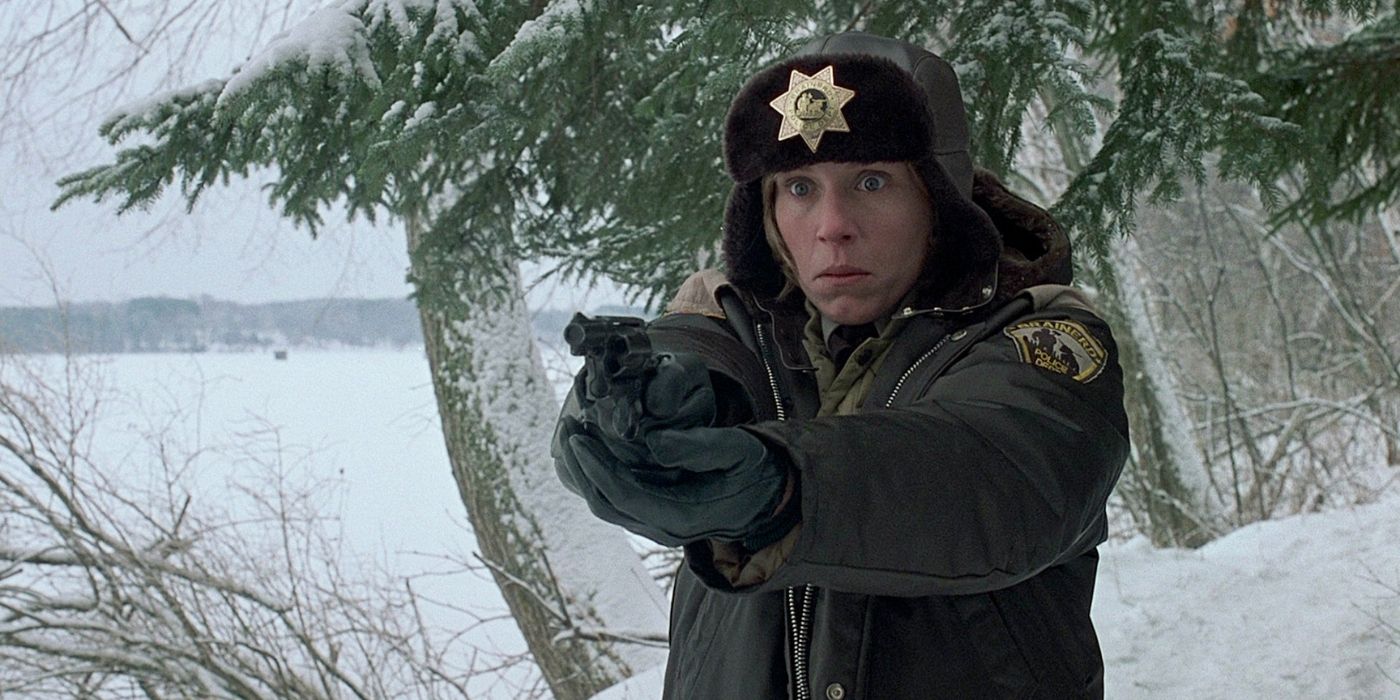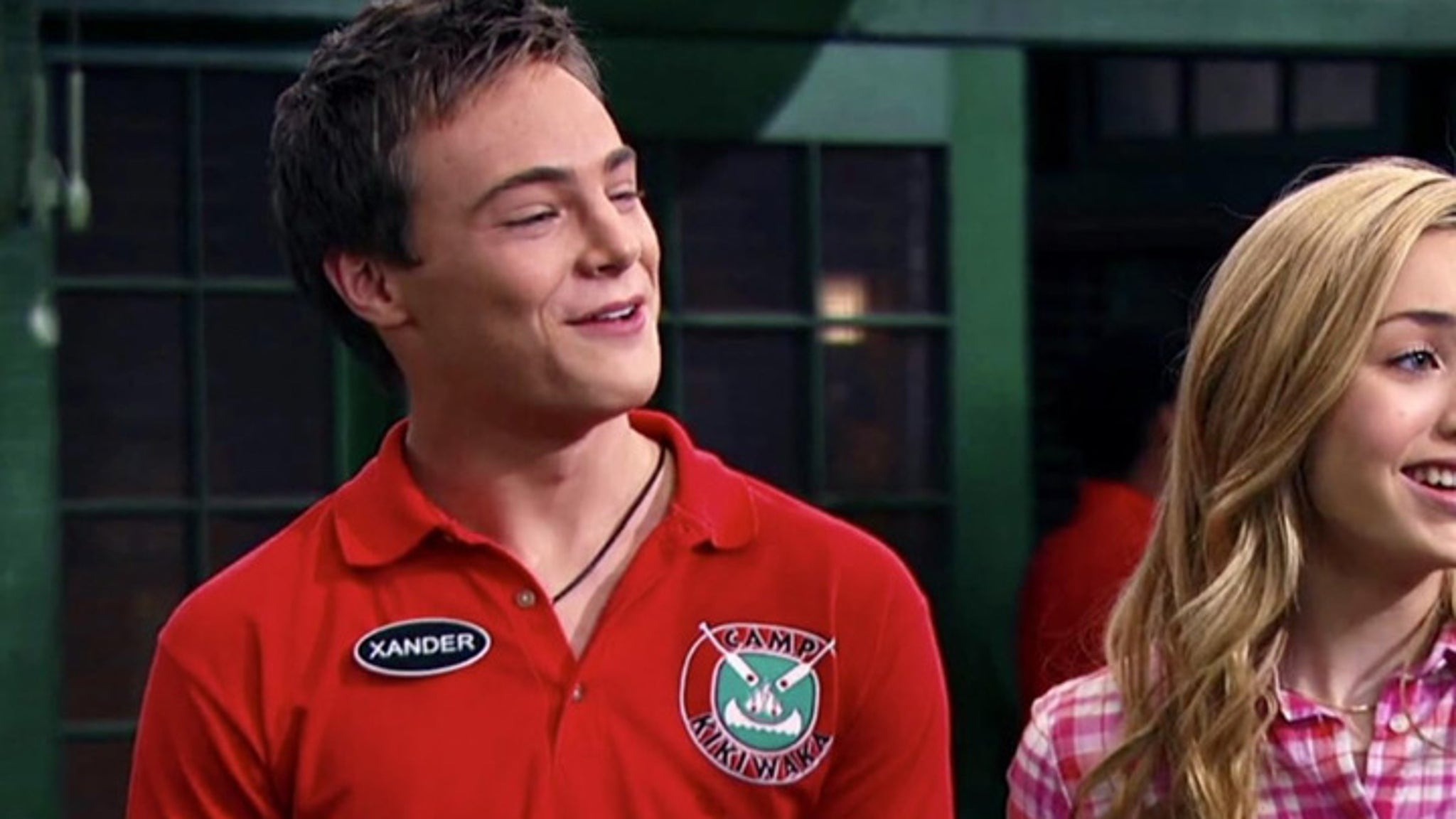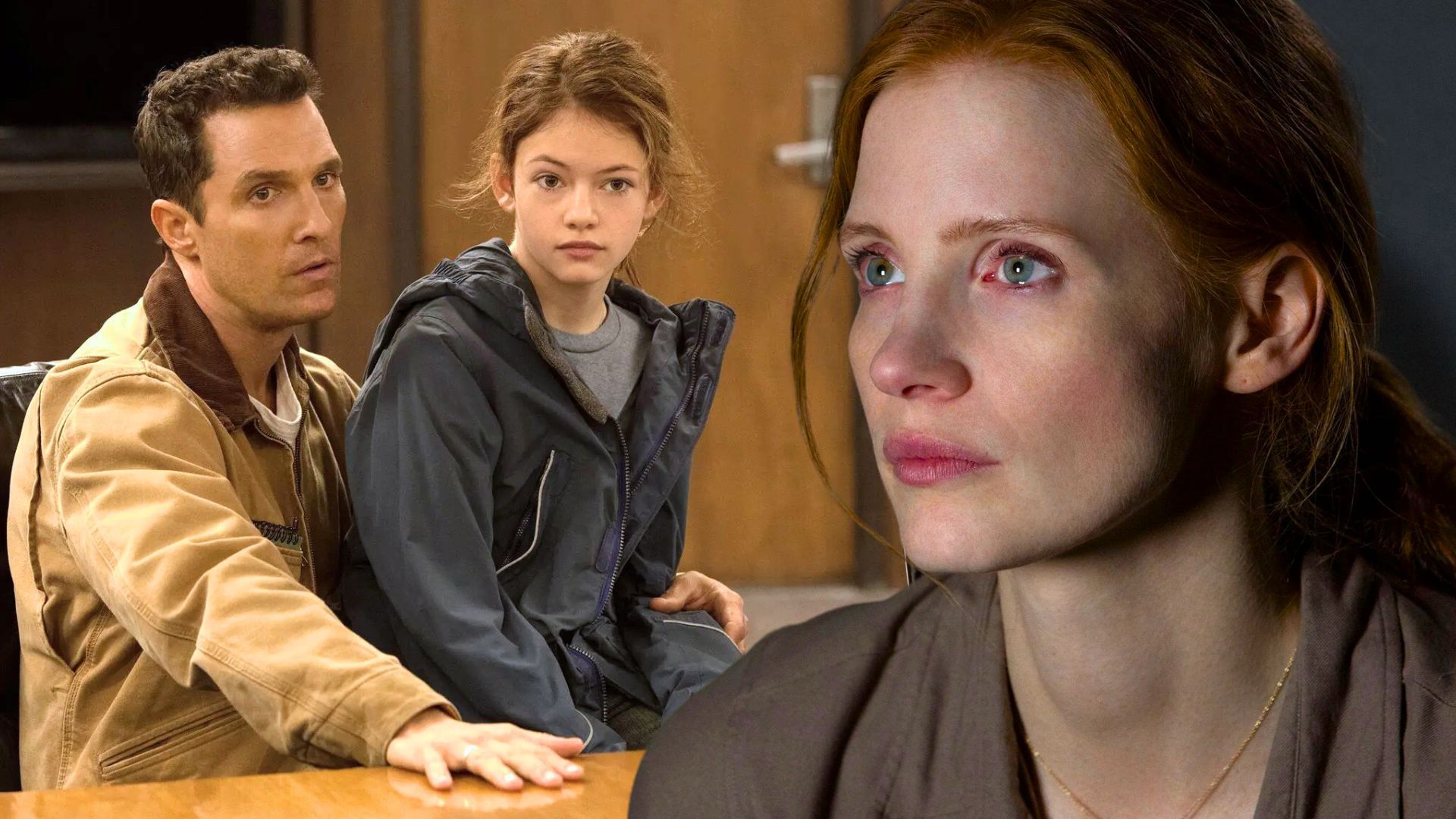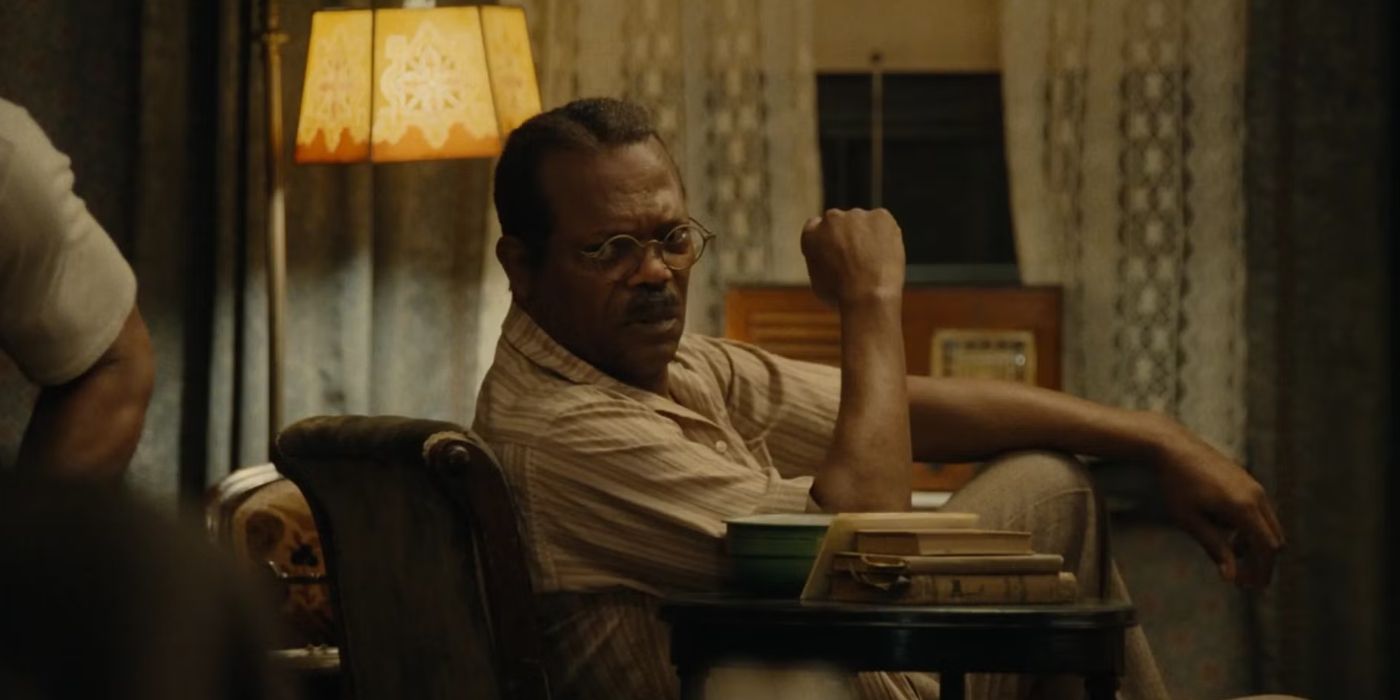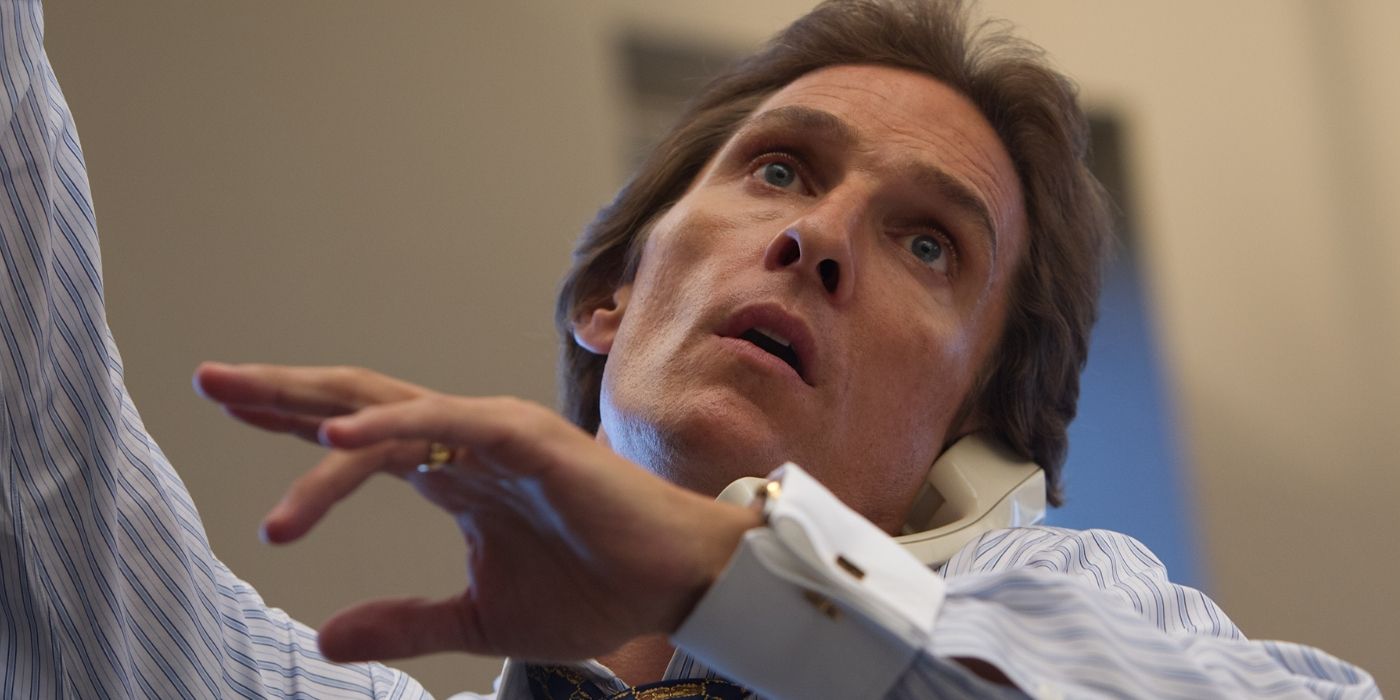The guests arrive with no diplomatic fanfare, no security detail. Terje picks everyone up in a rental car. Four people gather in the impressive foyer: two professors from the University of Haifa, Yair Hirschfeld (Doval’e Glickman) and Ron Pundak (Rotem Keinan), and, on the opposite side, Ahmed Qurei (Salim Dau), the PLO Minister of Finance and his liaison Hassan Asfour (Waleed Zuaiter). The atmosphere is grim and suspicious. Terje gives a nice speech about how here, they will all be “friends.” He has ordered cases of liquor to “facilitate” the friend-making process, which works at first, albeit with a few awkward hiccups. A small conversation about their childhoods is derailed when the Marxist Hassan says, haughtily, “The petty bourgeois construct of family does not interest me.” Well, alrighty then! Sometimes they shout at each other, sometimes they burst into laughter, all as Mona and Terje hover on the sidelines, watching anxiously from the doorway, like nervous parents afraid their kids’ slumber party is going to degenerate into a ribald game of spin-the-bottle.
After the first round of talks, the Israeli professors are replaced by more serious “players” further up the chain of command, Uri Savir (Jeff Wilbusch), Director General of the Israeli Foreign Ministry, who stalks off the plane cosplaying as Neo in “The Matrix,” and Joel Singer (Igal Naor), legal advisor to the Israeli government. Yasser Arafat, in exile, is mentioned a lot, but never seen. Shimon Peres (Sasson Gabay), Minister of Foreign Affairs, is looped in. The talks are constantly on the verge of falling apart. Everyone agrees to leave “the Americans” in the dark.
Based on the 2017 Tony Award-winning play by J.T. Rogers (who also adapted his script) “Oslo” is directed by Bartlett Sher, who directed the play’s off-Broadway and Broadway productions. This is Sher’s cinematic directorial debut, although his theatrical credits are lengthy and illustrious (he won a Tony for his direction of the celebrated 2008 revival of South Pacific, and has been nominated for many things, including Oslo). There are a couple of nice visual flourishes: the repeat overhead shots of the various “delegates” standing on the tiled floor, facing off at one another, and a couple of round-the-table shots during volatile arguments. The film never shuffles off its theatrical roots, though, and there’s an almost visceral feeling of how much better this probably worked onstage before a live audience. At one point an exhilarated Uri Savir forces the very confused Mona to do a tango with him, and the moment is so random it basically screams “this worked much better onstage” in bright neon.
You can view the original article HERE.
